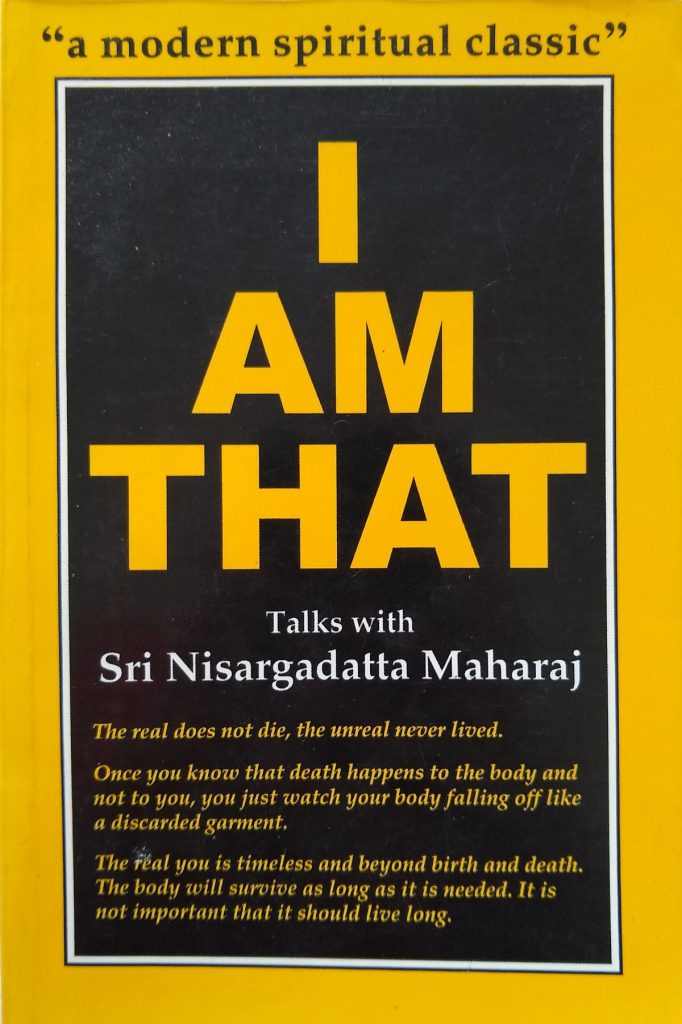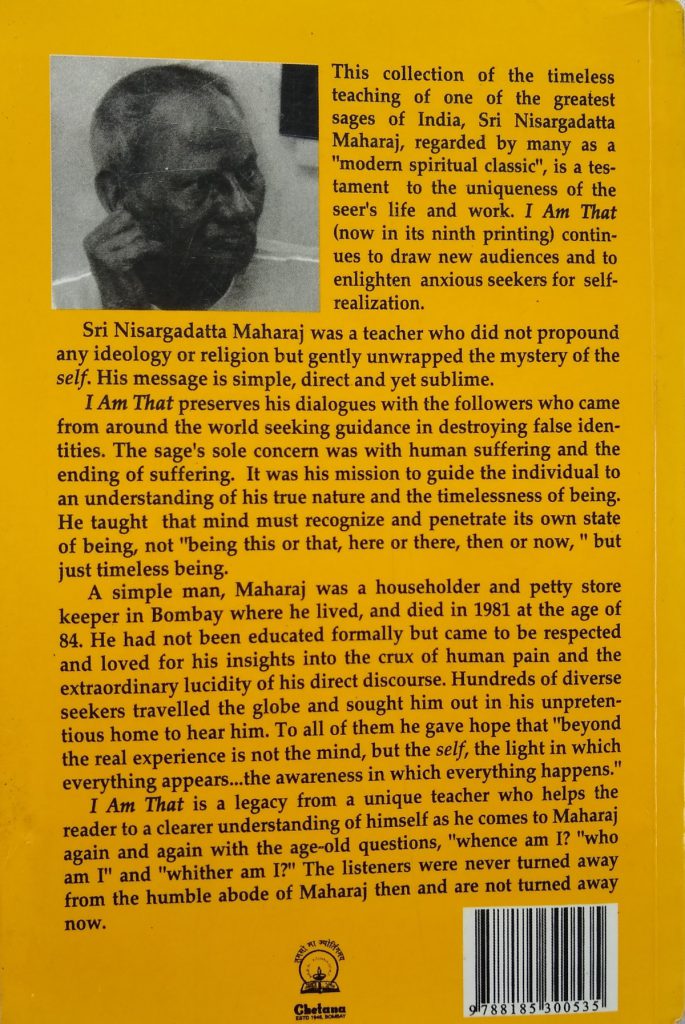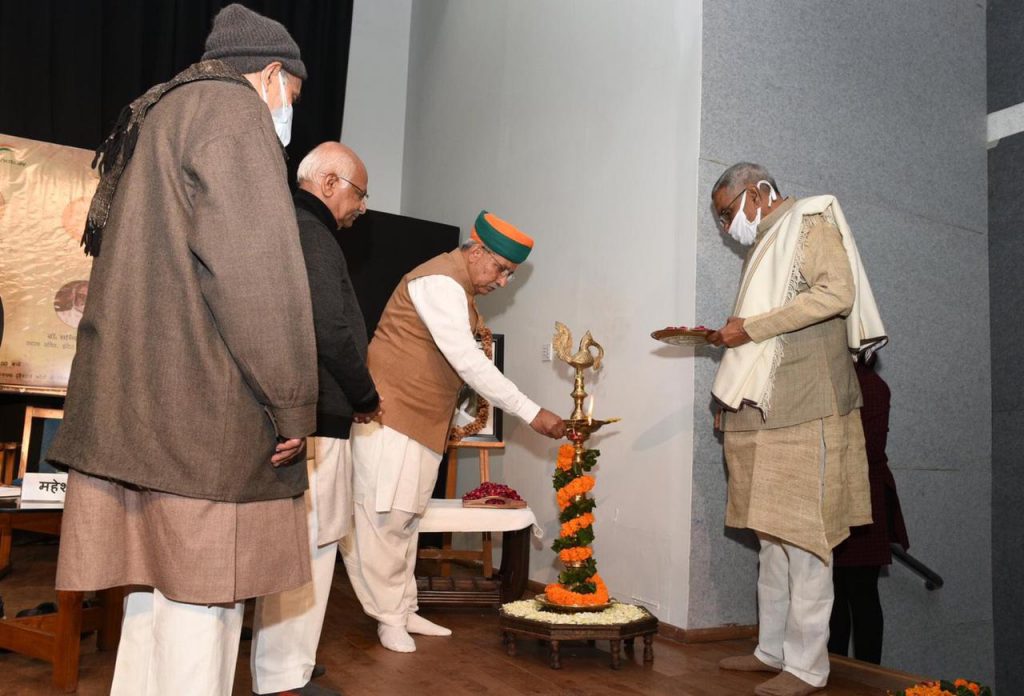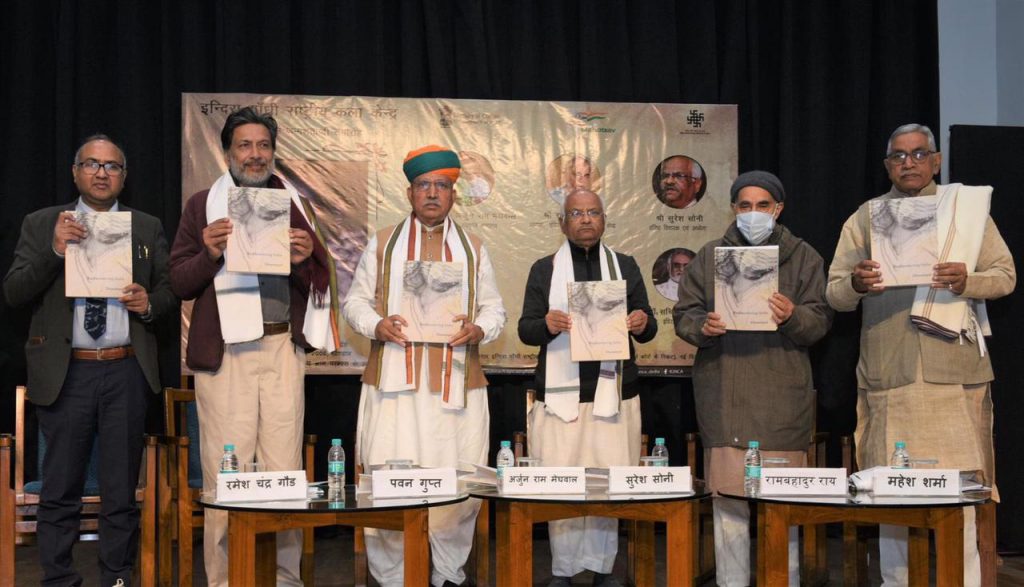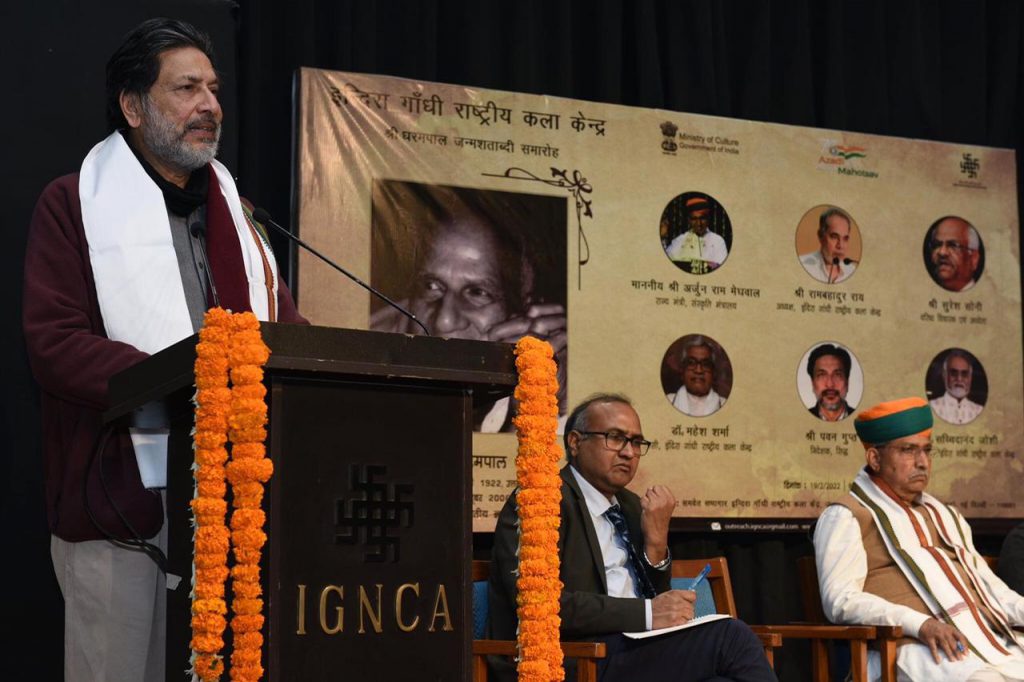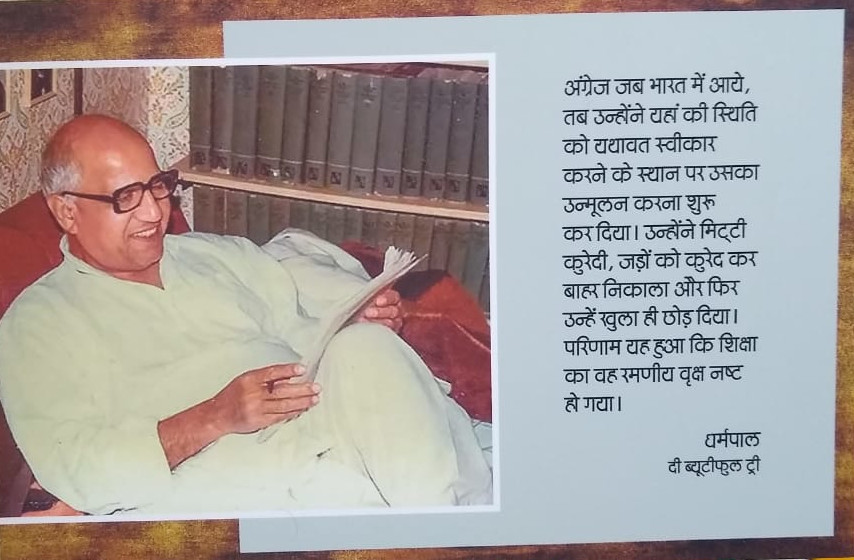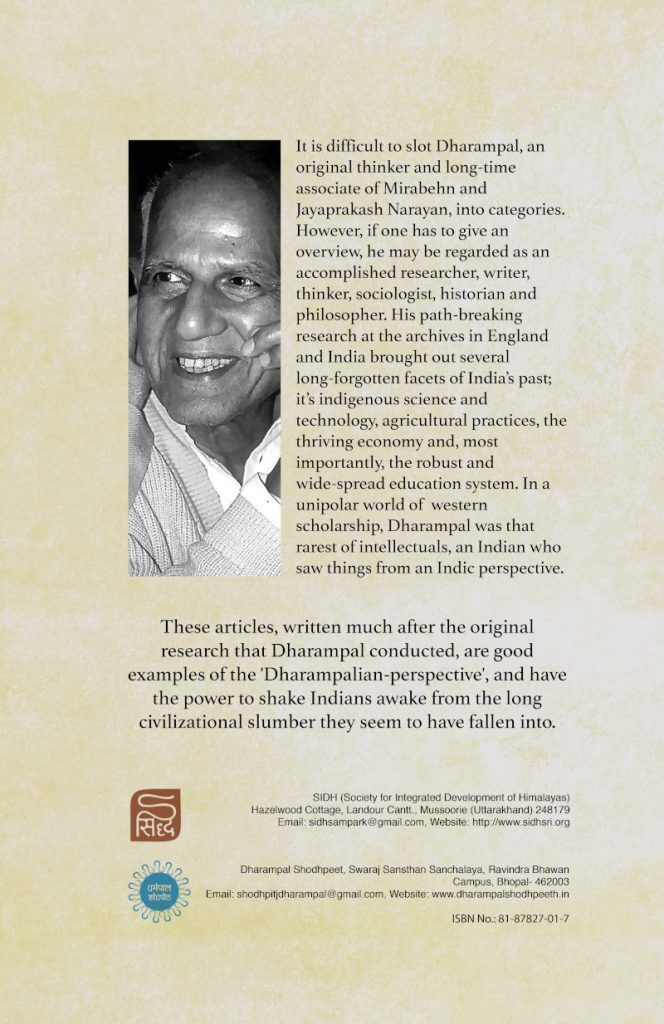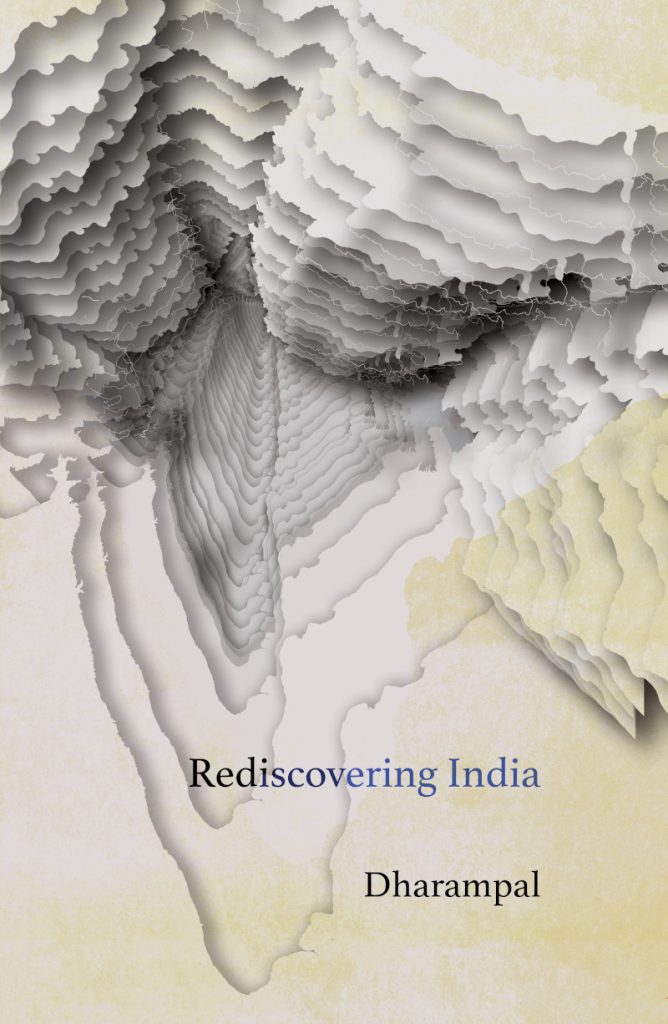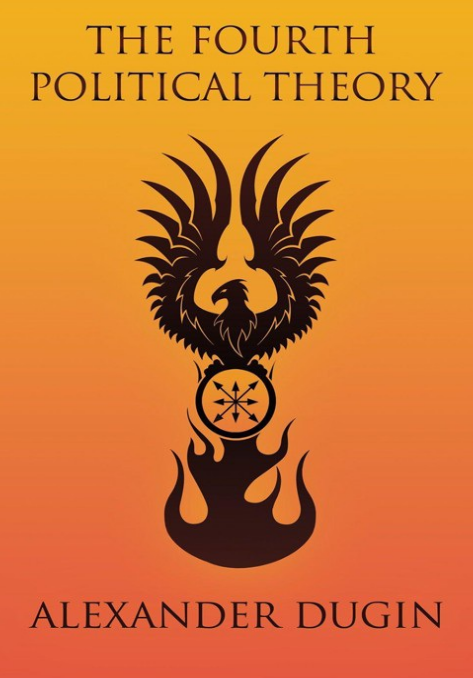This is the title of an interesting essay by A.K. Ramanujan, poet, scholar, linguist and translator. The main idea can be summed up with the following quote from the essay:
“Cultures have overall tendencies — tendencies to idealise, and think in terms of, either the context-free or the context-sensitive kind of rules. Actual behaviour may be more complex, though the rules they think with are a crucial factor in guiding the behaviour. In cultures like India’s, the context-sensitive kind of rule is the preferred formulation.”
The essay gives examples of what it means by the terms context-free and context-sensitive. Principles like ‘Man shall not tell an untruth’, that, in western systems, are supposed to be based on human nature and therefore universal, is an example given of a context-free rule. The essay points out that these kind of rules is what makes the West think of Indians as inconsistent, hypocritical, and lacking in other accepted ‘universal’ human values.
The essay goes into elaborate details about context-sensitive rules because that is what it claims is underpinning the Indian way of thinking. About ‘untruth’ the article quotes Buddha having said: “An untruth spoken by people under the influence of anger, excessive joy, fear, pain, or grief, by infants, by very old men, by persons labouring under a delusion, being under the influence of drink, or by mad men, does not cause the speaker to fall.” Which neatly negates the universal context-free maxim of not telling untruths. The following long excerpt from the essay explains the point in more detail.
“Texts may be historically dateless, anonymous; but their contexts, uses, efficacies, are explicit. The Ramayana and Mahabharata open with episodes that tell you why and under what circumstances they were composed. Every such story is encased in a metastory. And within the text, one tale is the context for another within it; not only does the outer frame-story motivate the inner sub-story; the inner story illuminates the outer as well. It often acts as a microcosmic replica for the whole text. In the forest when the Pandava brothers are in exile, the eldest, Yudhishthira, is in the very slough of despondency: he has gambled away a kingdom, and is in exile. In the depth of his despair, a sage visits him and tells him the story of Nala. As the story unfolds, we see Nala too gamble away a kingdom, lose his wife, wander in the forest, and finally, win his wager, defeat his brother, reunite with his wife and return to his kingdom. Yudhishthira, following the full curve of Nala’s adventures, sees that he is only halfway through his own, and sees his present in perspective, himself as a story yet to be finished. Very often the Nala story is excerpted and read by itself, but its poignancy is partly in its frame, its meaning for the hearer within the fiction and for the listener of the whole epic. The tale within is context-sensitive – getting its meaning from the tale without, and giving it further meanings.”
The essay is long and makes its points in a leisurely manner. Taking the time to read it, I think, is time well spent. You can get a PDF version here.
